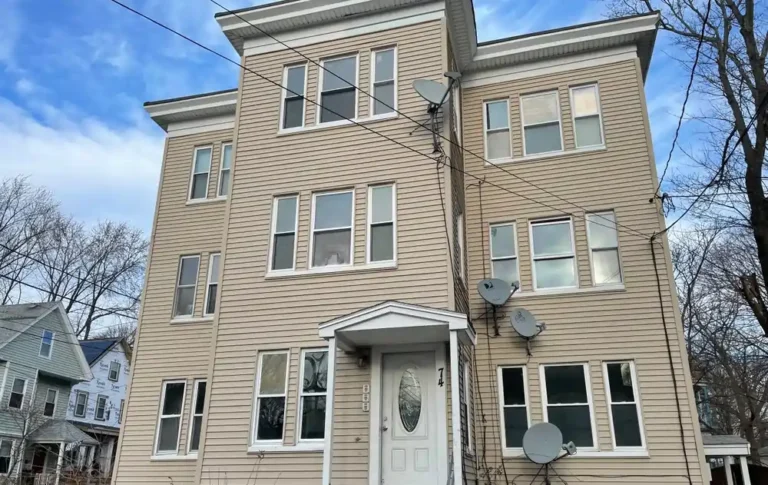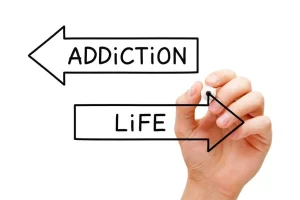
A common example is when people give themselves permission to use on holidays or on a trip. It is a common experience that airports and all-inclusive resorts are high-risk environments in early recovery. Another form of bargaining is when people start to think that they can relapse periodically, perhaps in a controlled way, for example, once or twice a year. Bargaining also can take the form of switching one addictive substance for another. During emotional relapse, individuals are not thinking about using. They remember their last relapse and they don’t want to repeat it.
Support Your Recovery
The changes can endure long after a person stops consuming alcohol, and can contribute to relapse in drinking. Relapse prevention is a pivotal component of any treatment plan for alcoholism or any other substance abuse disorder. For people with addictions to drugs like stimulants or cannabis, no medications https://ecosoberhouse.com/ are currently available to assist in treatment, so treatment consists of behavioral therapies. Treatment should be tailored to address each patient’s drug use patterns and drug-related medical, mental, and social problems. Clients are encouraged to identify whether they are non-users or denied users.

The Stages of Relapse

You could, for example, be going over in your mind permitting yourself to use in a certain situation. It can be hard for you if you experience a mental relapse because you might have felt that you’d never think about using again after treatment. Denied users will not or cannot fully acknowledge the extent of their addiction. Denied users invariably make a secret deal with themselves that at some point they will try using again. Important milestones such as recovery anniversaries are often seen as reasons to use.
- You aren’t doing something wrong or failing in your recovery.
- While relapsing can bring about shame and feelings of failure, a relapse is generally accepted as an expected part of the recovery process for most people.
- If someone knows their triggers, they can better avoid them and reduce their risk of a relapse.
- Your health care provider can help you evaluate the pros and cons of each treatment setting.
- Addicts must lie about getting their drug, hiding the drug, denying the consequences, and planning their next relapse.
Why is opioid relapse and overdose so dangerous compared to other drug overdoses?
Behavioral therapies help people in drug addiction treatment modify their attitudes and behaviors related to drug use. As a result, patients are able to handle stressful situations and various triggers that might cause another relapse. Behavioral therapies can also enhance the effectiveness of medications and help people remain in treatment longer. The chronic nature of addiction means that for some people relapse, or a return to drug use after an attempt to stop, can be part of the process, but newer treatments are designed to help with relapse prevention.

Why Should We Be Concerned About AUD and Alcohol Addiction?
To these ends, comprehensive substance abuse treatment programs often include both therapeutic and pharmacological methods to promote and sustain recovery while working to minimize relapse and manage use triggers. It often begins with a person’s emotional and cognitive state. Instead, it can be an opportunity to examine what lifestyle changes, coping skills, and adjustments may be needed to prevent relapse in the future.


Once a person becomes significantly physically dependent, withdrawal symptoms and drug cravings may be common side effects if drinking or drug use slows or stops suddenly. Someone who has grown dependent on a substance may not feel “normal” without Alcohol Relapse it. Therefore, a return to drug or alcohol use may seem like a good way to get back to feeling OK, curbing withdrawal symptoms, and combating strong cravings. Lapses and relapses are common for those battling a substance use disorder.